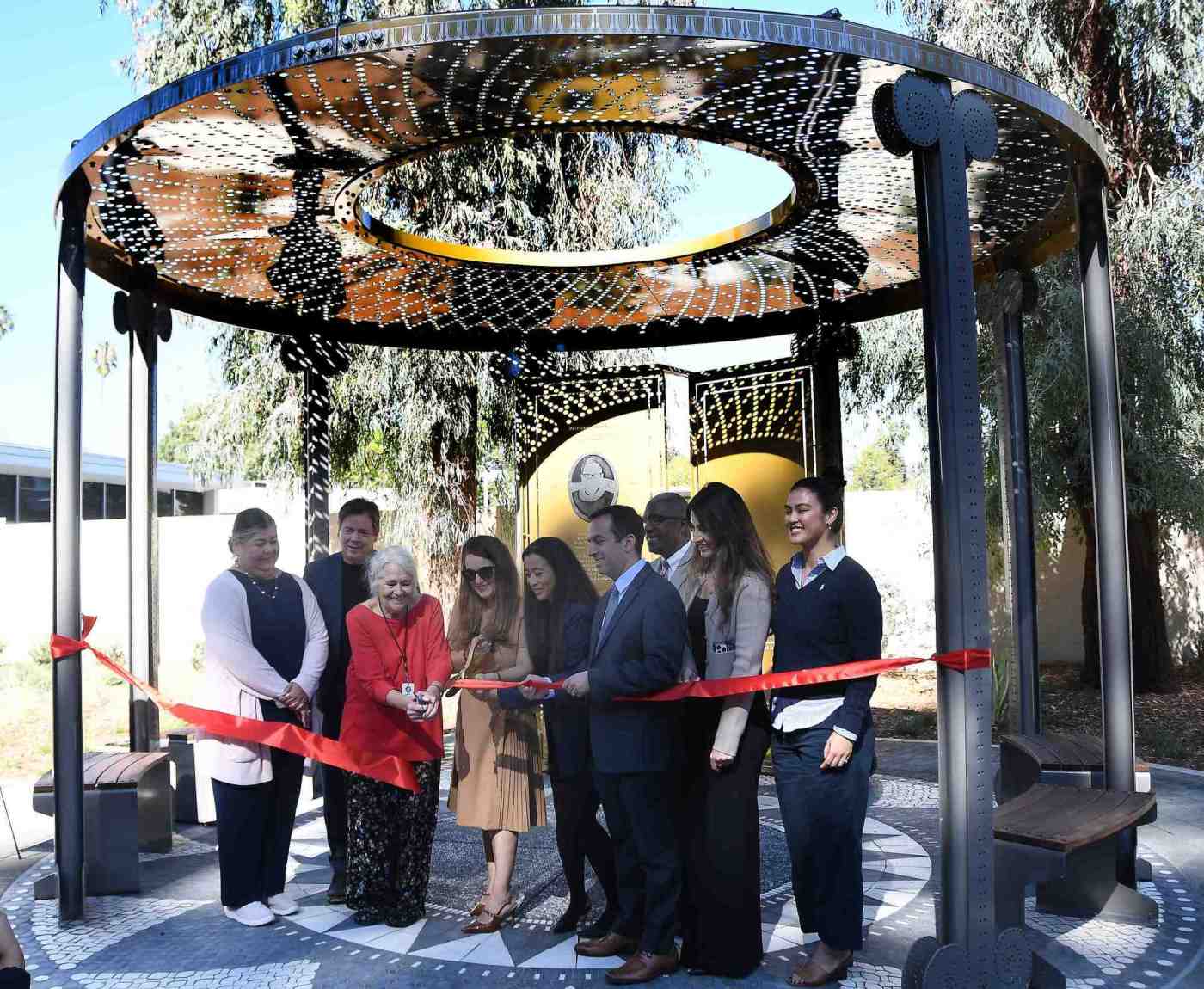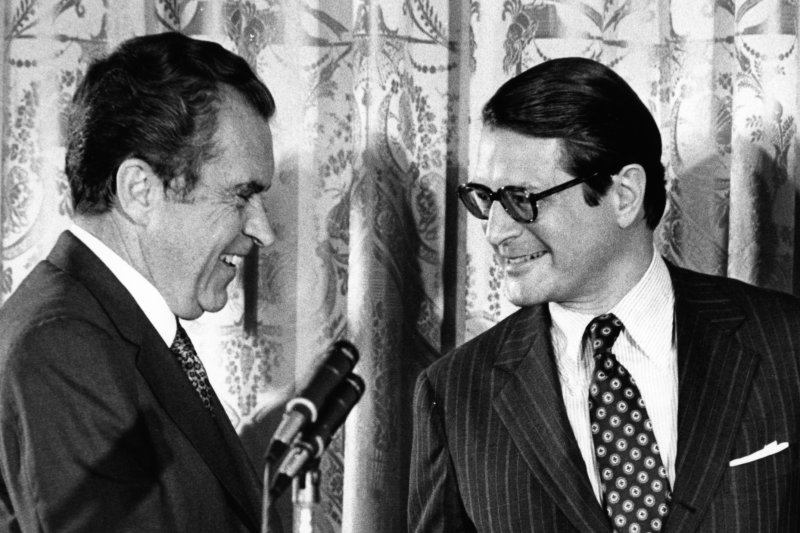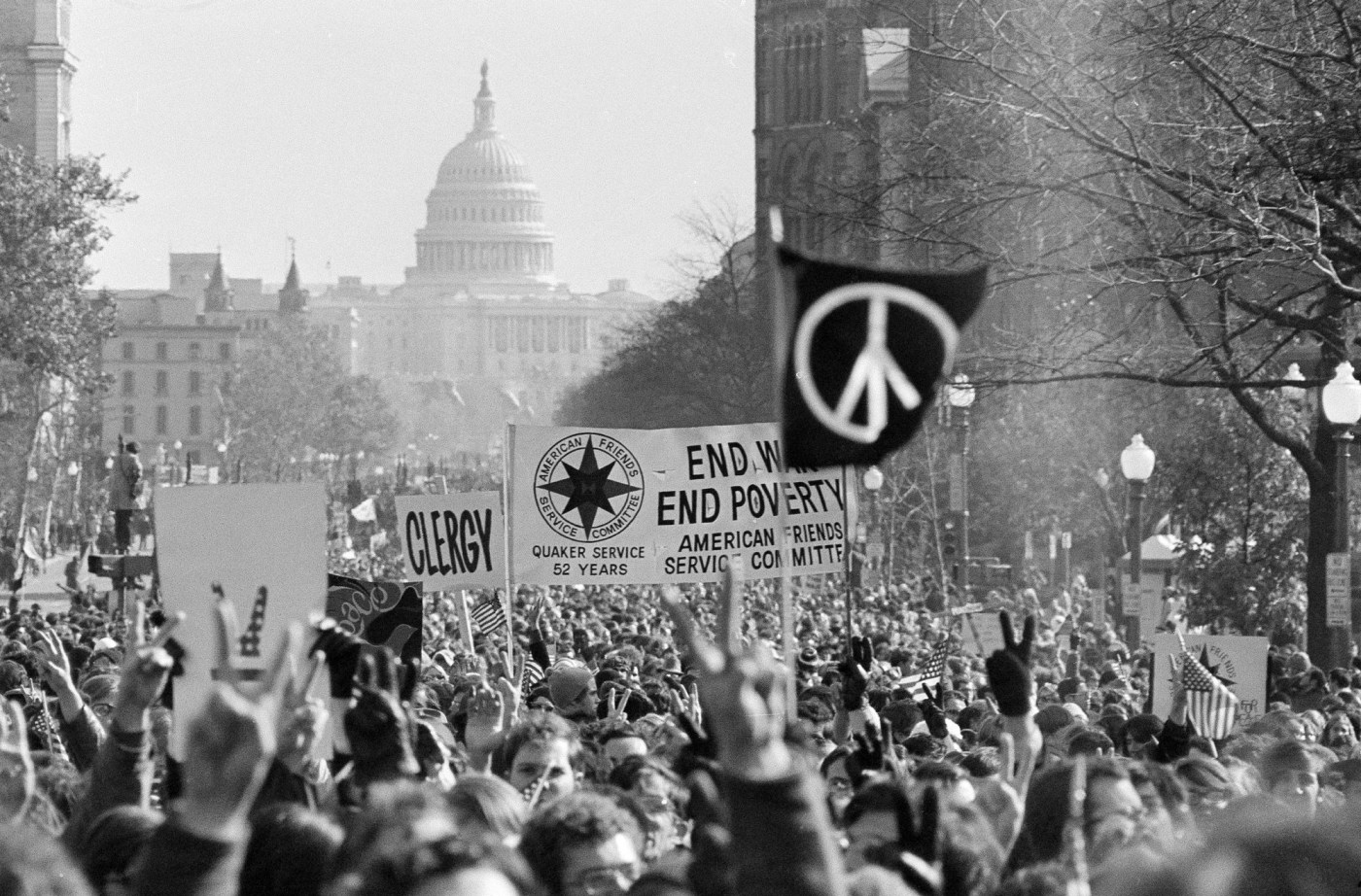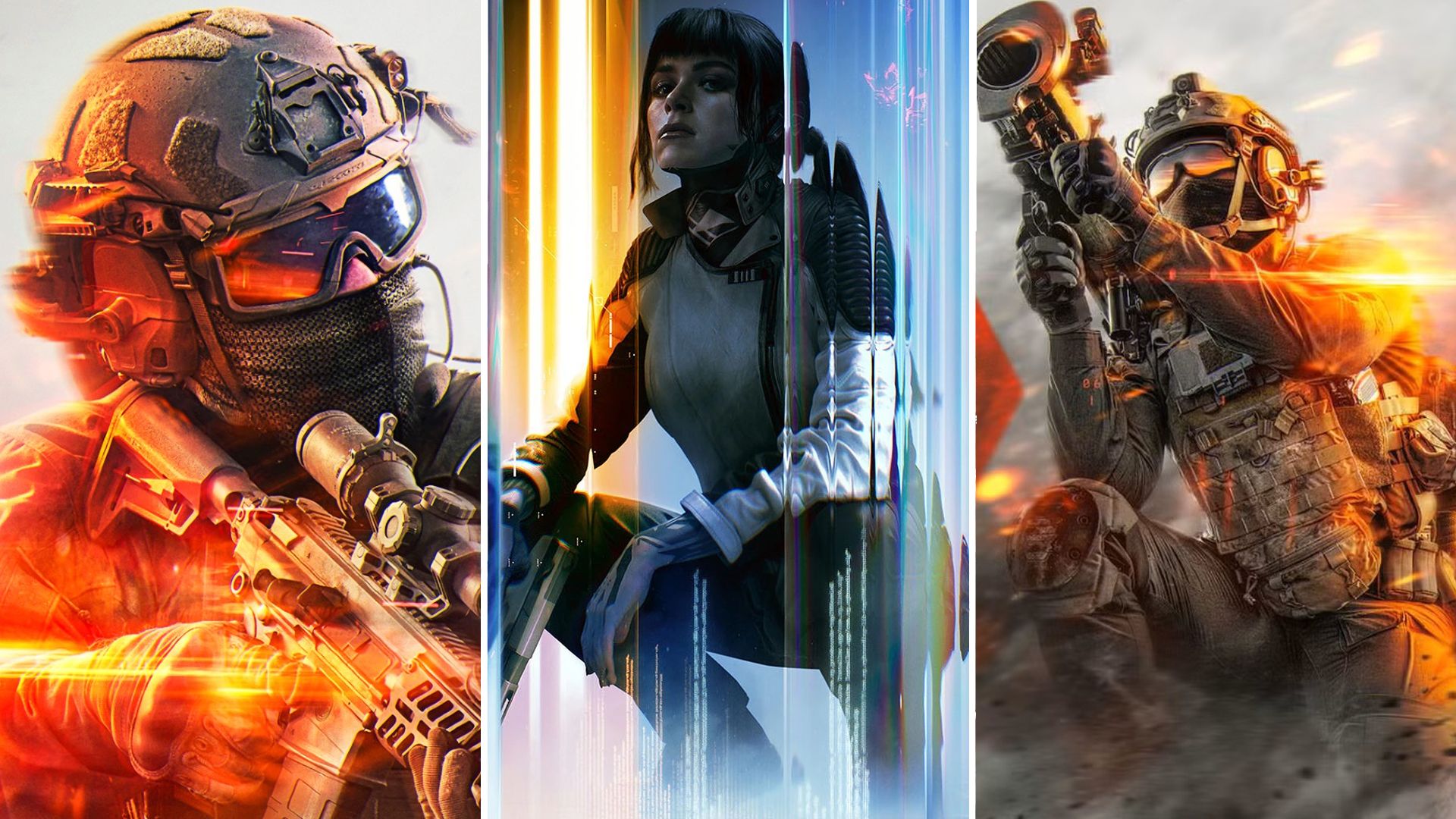UPDATE: As the groundbreaking documentary Shoah marks its 40th anniversary, urgent discussions around its profound impact are reigniting. Created by Claude Lanzmann, the film’s nine-and-a-half-hour runtime continues to challenge viewers, even decades after its release in 1985.
Just announced: New insights into Lanzmann’s struggles with the film reveal the emotional toll it takes on those who attempt to watch it. In his memoir, The Patagonian Hare, Lanzmann recounts a dinner with Jean-Marie Lustiger, the former Cardinal Archbishop of Paris, who admitted to only being able to endure a minute of Shoah each day. This admission underscores a troubling contradiction in Holocaust culture: if a documentary is crafted well, many find it nearly impossible to watch.
The film, which dives into the harrowing realities of the Holocaust, has left a lasting impression on audiences and critics alike, illustrating the painful silence surrounding the atrocities. Lanzmann himself dedicated over a decade to its creation, capturing over 200 hours of footage to convey the weight of history.
In a powerful statement, Lanzmann noted, “My homeland is my film,” highlighting his personal connection to the Holocaust, which he experienced first-hand as a child in occupied France. The documentary serves as a testament to those who suffered, featuring testimonies from survivors and harrowing accounts of the perpetrators, all while grappling with the silence of the deceased.
The urgency of Shoah emerges not just from its content, but from the emotional burden it places on viewers. Many, like Lustiger, feel an overwhelming sense of dread when confronted with its depths, as the film captures the essence of absence—those lost, those who cannot bear witness, and the haunting question of remembrance.
As the anniversary approaches, viewers are reflecting on the film’s relevance today. With the rise of antisemitism and Holocaust denial worldwide, Shoah stands as a crucial reminder of the past and a call to confront uncomfortable truths.
What happens next? Expect a resurgence of discussions around Holocaust education and the importance of remembering history. As Shoah continues to provoke thought and emotion, new generations are encouraged to engage with its challenging content.
The film’s legacy is a testament to Lanzmann’s relentless pursuit of truth and the unyielding silence that enveloped the victims. As he captured haunting images of the past, from the trains that transported Jews to death camps to the faces of Polish witnesses, Lanzmann’s work remains a crucial element of Holocaust culture, forcing audiences to confront the darkest corners of human history.
As we commemorate this significant milestone, the urgency to engage with Shoah and its lessons cannot be overstated. In a world rife with division, understanding the past is more critical than ever. Share this story to join the conversation about the enduring power of Lanzmann’s film, and why it matters now more than ever.







